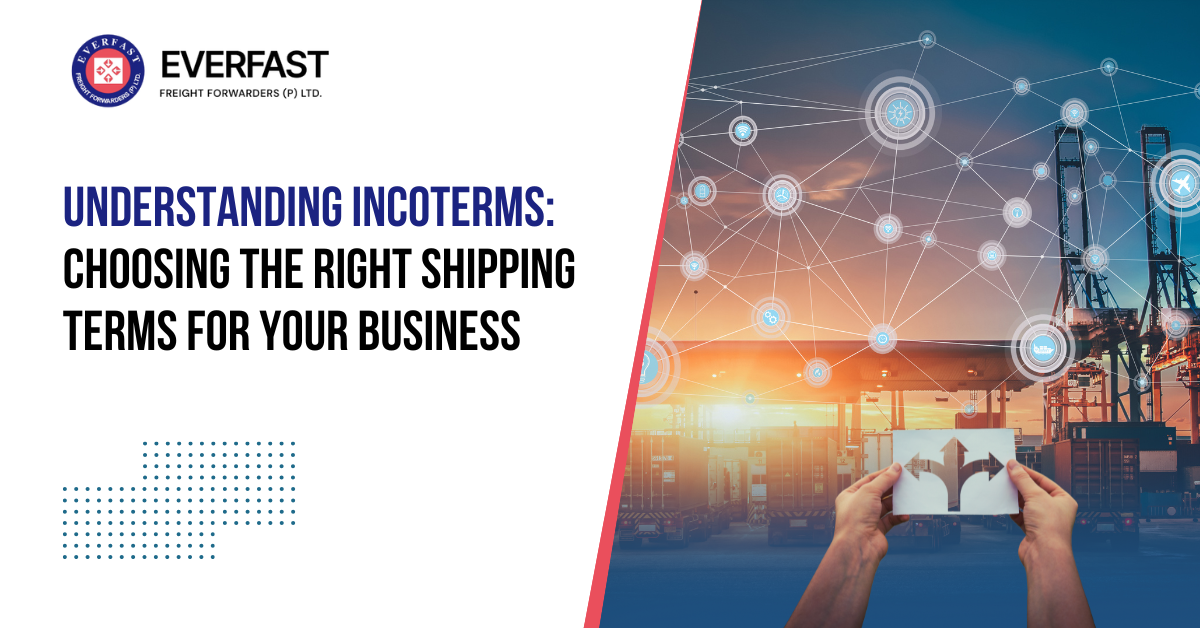
Understanding Incoterms: Choosing the Right Shipping Terms for Your Business
If you’re involved in international trade or shipping goods across borders, you’ve probably come across the term Incoterms. At first glance, they might seem like a bunch of legal jargon, but in reality, they’re an essential part of making sure everyone involved in a shipment knows who’s responsible for what.
Incoterms—short for International Commercial Terms—are a set of rules developed by the International Chamber of Commerce to help buyers and sellers understand their roles and responsibilities in global transactions. They cover things like who pays for shipping, who handles insurance, and when the risk transfers from seller to buyer.
Why Incoterms Matter
Choosing the right Incoterm can make or break a deal. Get it wrong, and you might end up with unexpected costs, delayed shipments, or confusion over who’s responsible when something goes wrong. Get it right, and you’ll have a smoother process with fewer surprises.
For example, let’s say you’re exporting goods and agree to an EXW (Ex Works) term. That means your responsibility ends once the goods leave your facility—everything after that (transport, customs, delivery) is up to the buyer. It’s simple for you, but not always ideal if your customer doesn’t have the resources to manage international shipping.On the other hand, something like DDP (Delivered Duty Paid) puts the bulk of the responsibility on the seller—you handle everything, including customs clearance and paying import duties. It’s convenient for the buyer, but it can be a headache for sellers unfamiliar with the destination country’s rules.
A Quick Look at a Few Common Terms
FOB (Free On Board): The seller gets the goods onto the ship; after that, it’s the buyer’s responsibility.
CIF (Cost, Insurance and Freight): The seller pays for transport and insurance, but once the goods are on board, the risk shifts to the buyer.
DAP (Delivered at Place): The seller delivers to an agreed location, but the buyer handles import duties.
Each of these comes with its own level of responsibility and risk. The key is finding what works best for both parties.
Tips for Picking the Right Term
1. Know your strengths: If your company isn’t set up to handle international freight, it might make sense to let the buyer manage that part.
2. Think about the trade route: Rules, fees, and risks can vary widely depending on where you’re shipping to or from.
3. Ask for help if needed: Logistics providers and freight forwarders deal with Incoterms every day—they can offer advice based on your specific needs.
4. Stay current: Make sure you’re using Incoterms 2020, the most recent version, to avoid any confusion.
Final Thoughts
Incoterms may seem a bit dry at first, but understanding them is an important part of doing business globally. They help set clear expectations, reduce misunderstandings, and keep your shipments moving smoothly. Whether you’re new to international trade or have been doing it for years, taking the time to choose the right Incoterm is always a smart move.
